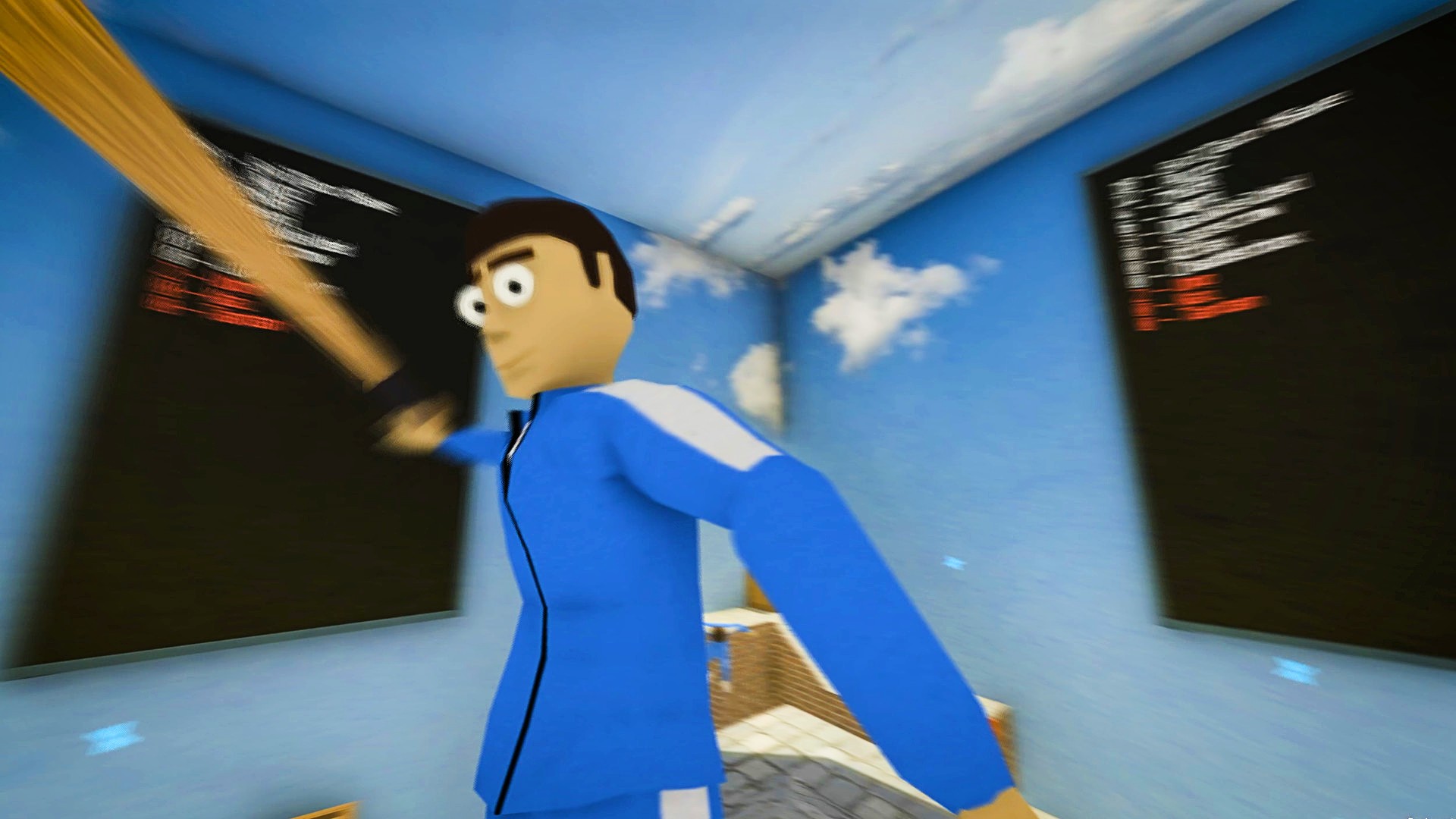
The developer of two free indie games that went viral says that new revenue rules planned by game engine provider Unity would have cost him more than $5 million in install fees.
In June 2021, YouTuber Daniel Sooman released Muck, a parody low-res survival game that he made out of spite in no time flat and published on Steam for free. Not only was Muck genuinely good (I unironically have more than a dozen hours in it, and you can complete a run in around 90 minutes), it was also an interesting insight into game development, thanks to Sooman's video about the process of making the game.
A few months later, Sooman followed Muck up with Crab Game, a parody of Squid Game's massive popularity in 2021. In addition to the Korean sensation, there's an obvious touch of Fall Guys to the gameplay, and Crab Game ended up being an even bigger sensation than Muck.
Unfortunately, both games are made in Unity, which announced yesterday that new revenue rules would charge developers for every installation of their game over $200,000 in earnings and 200,000 installs. Developers across the industry immediately revolted, with indie studios explaining that the decision would likely force them to delay their games as they switch to new engines if it stands. Aggro Crab, developer of cult roguelike Going Under and anticipated Soulslike Another Crab's Treasure, led the charge with an explainer culminating in the immortal phrase "I f***ing hate it here."
aaah shit i guess i owe Unity $5,600,000 anyone got some spare change? pic.twitter.com/HcgaMTDOt5September 12, 2023
Sooman himself also took to social media to calculate the potential cost of his free games and their viral success. At a cost of 20 cents per install over the 200,000 install threshold, he calculates that the 28,000,000 downloads of Muck and Crab Game would have cost him $5.6 million. He acknowledges that between the threshold and the fact that the new fee only comes into effect from January 2024, that maths isn't perfect, but both games are still getting Steam reviews, implying recent, if not brand-new downloads.
It's important to note that Sooman's interpretation of the change is not entirely accurate. Projects must meet the threshold for both revenue and installs, so a free game that earns no money wouldn't be subject. However, as we noted in interviews with several developers, the risk attached to giveaways, subscriptions, or charity bundles may now mean that many games that might have been available for free (or at least limited costs), would not be in future. Many developers have also implied an upcoming search for alternative engines, a process that is likely to hinder projects.
Our list of upcoming indie games might be subject to a few delays.
Sign up to the GamesRadar+ Newsletter
Weekly digests, tales from the communities you love, and more

I'm GamesRadar's news editor, working with the team to deliver breaking news from across the industry. I started my journalistic career while getting my degree in English Literature at the University of Warwick, where I also worked as Games Editor on the student newspaper, The Boar. Since then, I've run the news sections at PCGamesN and Kotaku UK, and also regularly contributed to PC Gamer. As you might be able to tell, PC is my platform of choice, so you can regularly find me playing League of Legends or Steam's latest indie hit.


